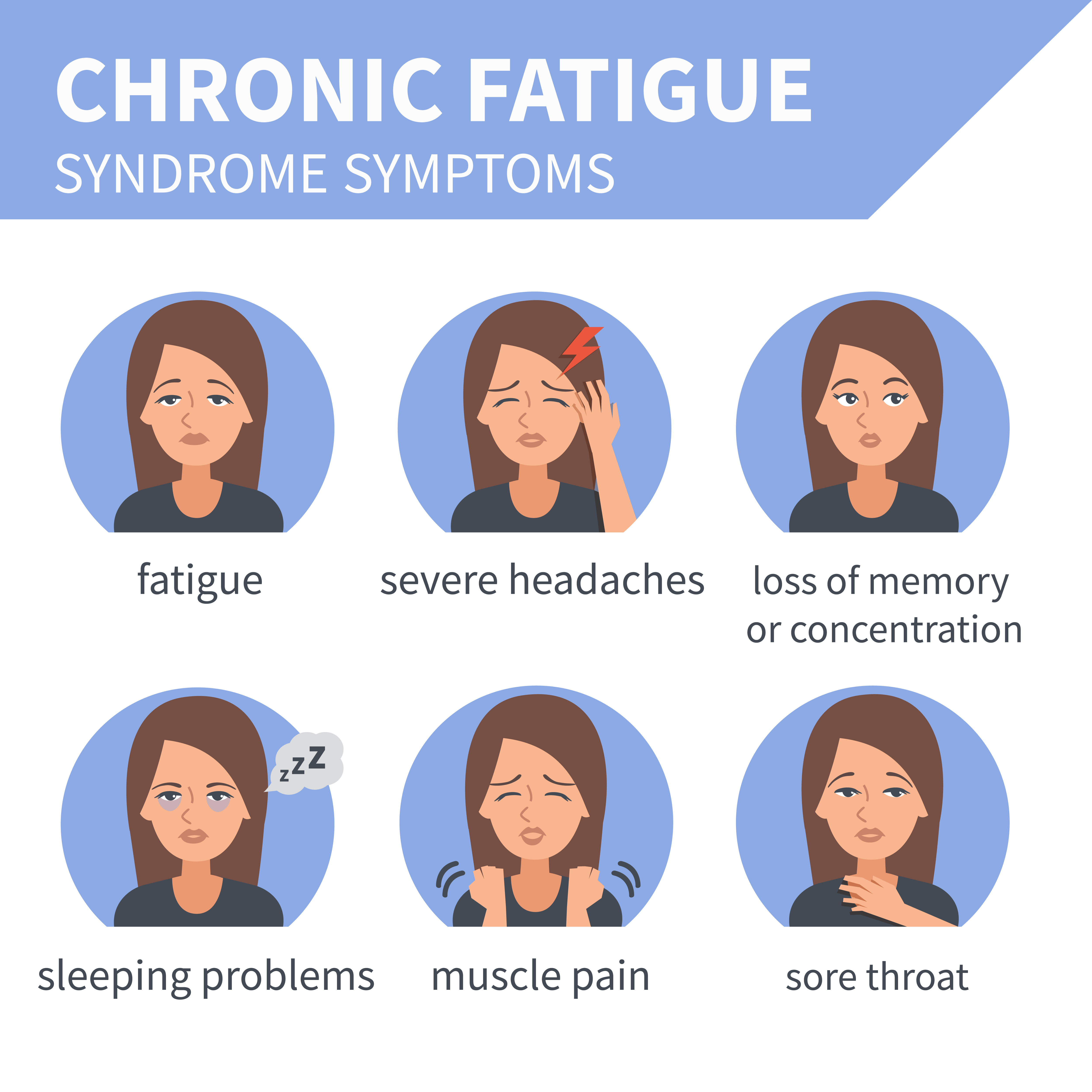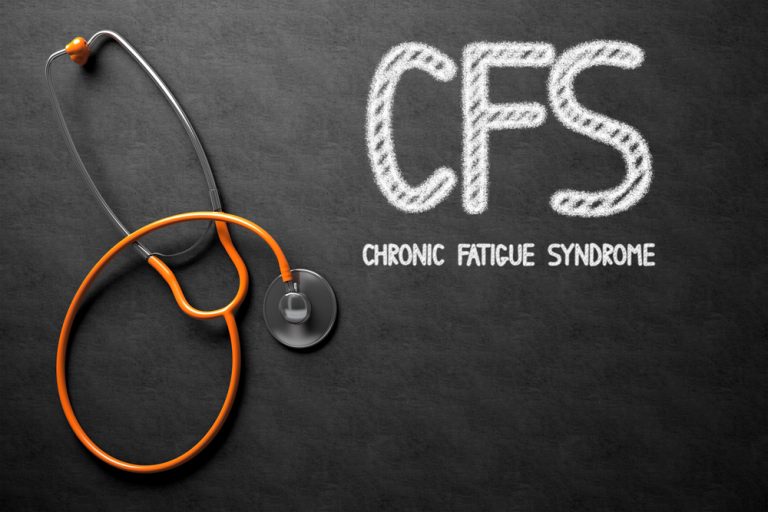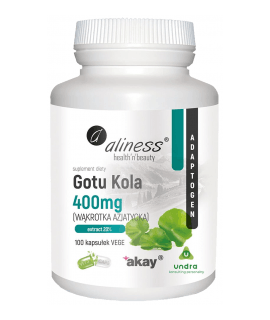Chronic Fatigue Syndrome (CFS), also known as Myalgic Encephalomyelitis, is a far cry from just feeling a little bit tired. It’s a debilitating and difficult to diagnose condition that can impact a person’s entire life. Chronic illnesses can take an enormous toll on health, making them some of the most difficult health issues we can face and this often misunderstood condition is no exception.
All begins in America
First reported in the 1980s in America, CFS was identified as a condition characterised by fatigue, swollen glands, exercise intolerance, brain fog, muscle weakness and a desire to sleep for long periods. However, CFS is a condition with many faces and can present itself in a number of ways. A lack of clear symptom criteria over the years has led to many going undiagnosed, or misdiagnosed due to overlapping symptoms with a variety of other conditions.
Despite years of research, the cause or causes of CFS remain unknown, but a number of possible contributing factors have been suggested by researchers, including:
- Nutrient deficiencies
- Chronic infections
- Oxidative stress
- Adrenal dysfunction
- Mitochondrial dysfunction
- Compromised detoxification
- Digestive issues
- Genetic mutations
Whilst there haven’t been any major studies on the effect of diet on CFS, with more research needed, there are plenty of things that you can eat to help aid your symptoms. Ensure you’re eating a well-balanced healthy diet may help to boost your energy, minimise fatigue and help you to feel better overall.
A 2017 review on nutritional interventions for CFS found that many CFS sufferers have vitamin, mineral and essential fatty acid deficiencies so the main priority when it comes to diet should be eating more balanced and nutrient-rich meals as that may help correct any underlying nutrient deficiencies. It will take some time (and a lot of trial and error!) to find out what works best for you. To find out if any foods you are eating trigger any of your symptoms, try keeping a food and symptom diary.

How to deal with it?
A 2017 review on diet and nutritional supplements found that certain food components improved fatigue and other symptoms. They included:
Polyphenols (especially the ones found in dark chocolate) are a type of antioxidant that have shown to be important in helping to reduce symptoms. As mentioned earlier, one theory about the mechanism of CFS is oxidative stress and antioxidants fight the free radicals that overwhelm the body as a result of oxidative stress. Other foods that contain polyphenols include green tea, berries and legumes.
As fatigue is the common symptom in CFS, eating to help restore natural energy makes sense. Focusing on unprocessed foods, with an array of fruits and vegetables, oily fish, organic eggs and good quality animal or vegetable protein.
Foods that rob you of energy or only give you short bursts of energy should be avoided. You want to feed your cells, muscles and brains for the long haul, not just temporarily. The foods that aren’t going to do you any favours include:
Processed foods
These are often made with pro-inflammatory ingredients, including hydrogenated oils.
Refined sugar
Refined sugar can cause a rapid rise in blood sugar, followed by hypoglycaemia, which has found to be common in CFS, and this can result in fatigue, anxiety and sugar cravings, thus creating a nasty cycle. Sugar has also shown to increase inflammation and suppress the immune system.
Caffeine and alcohol
Stimulants can cause the adrenal glands to work harder and this may lead to an exacerbation of fatigue.
Be careful making any sudden or extreme changes to your diet, as this may lead to a worsening of symptoms. Take your time when you’re making changes and please make sure that you see your GP before making any sudden dietary changes or taking any supplements.









